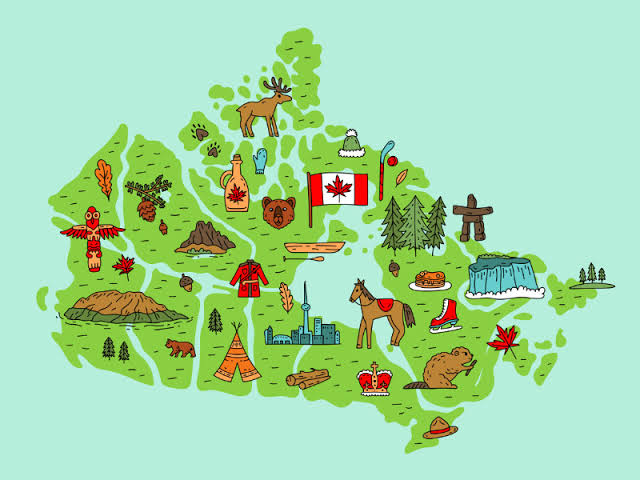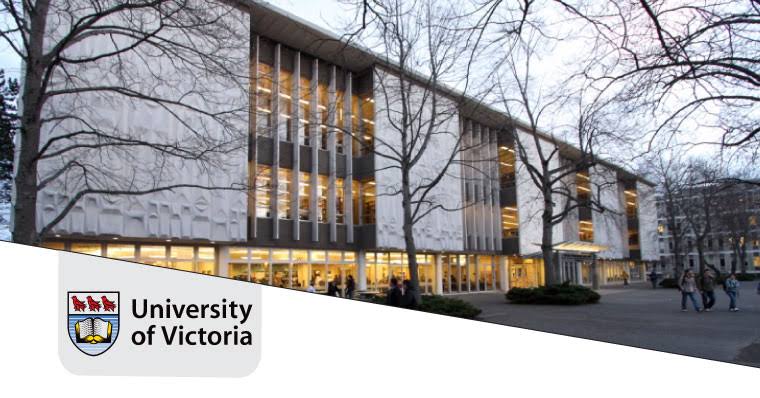Cultural competence is an essential skill for newcomers to Canada as it helps in understanding, respecting, and adapting to the country’s diverse cultural landscape. Canada is known for its multicultural society, where people from various backgrounds live, work, and interact daily. For newcomers, developing cultural competence can make a significant difference in personal relationships, professional opportunities, and overall integration into Canadian life.
Understanding Canada’s Cultural Diversity
Canada’s population is made up of a wide range of ethnicities, languages, and traditions. Each province and territory has its own mix of communities, making cultural diversity a central part of everyday life. For newcomers, recognizing this diversity is the first step toward building respectful and meaningful interactions.
By understanding that there is no single “Canadian” way of life but rather a blend of influences, newcomers can avoid stereotypes and appreciate the unique perspectives each community brings.
Building Stronger Communication Skills
Effective communication in Canada goes beyond knowing English or French. It also involves understanding cultural cues, body language, and conversational norms. For example, Canadians tend to value politeness, active listening, and respectful dialogue.
Learning these communication styles helps newcomers avoid misunderstandings and fosters better connections in workplaces, schools, and social settings.
Enhancing Workplace Integration
Cultural competence plays a major role in career growth for newcomers. Canadian workplaces often encourage teamwork, inclusivity, and collaboration across different backgrounds. Being aware of cultural differences can improve:
- Professional relationships with colleagues and supervisors
- Adaptability to different management styles
- Ability to participate effectively in diverse teams
Employers value individuals who can work well in multicultural environments, making cultural competence a competitive advantage.
Strengthening Community Relationships
Adapting to Canadian culture does not mean abandoning one’s heritage. Instead, it means finding a balance between maintaining personal traditions and engaging with the broader community. This involves:
- Participating in local events and festivals
- Volunteering in community programs
- Showing interest in other cultures and traditions
Such engagement helps newcomers feel more connected and welcomed, while also building mutual understanding with other residents.
Reducing Culture Shock and Stress
Moving to a new country often comes with challenges like culture shock, homesickness, and unfamiliar social norms. Cultural competence can reduce these challenges by helping newcomers:
- Recognize differences without judgment
- Approach new situations with curiosity instead of fear
- Adjust expectations to align with Canadian customs
This makes the adaptation process smoother and less overwhelming.
Promoting Inclusion and Mutual Respect
Cultural competence is not just about fitting in; it is about contributing to a respectful and inclusive society. By showing understanding and acceptance of cultural differences, newcomers also encourage others to embrace diversity. This mutual respect strengthens social cohesion and supports Canada’s values of equality and multiculturalism.
Steps for Developing Cultural Competence
Newcomers can improve their cultural competence through intentional learning and practice. Some practical steps include:
- Attending cultural orientation programs or settlement workshops
- Learning about Canada’s history, Indigenous peoples, and social values
- Asking questions and seeking clarification when unsure about customs
- Practicing empathy and open-mindedness in daily interactions
Over time, these efforts build confidence and comfort in navigating different cultural settings.
Final Thoughts
Cultural competence is a vital skill for newcomers to Canada, influencing personal success, community involvement, and workplace integration. By understanding and respecting cultural differences, newcomers not only adapt more easily but also contribute positively to Canada’s multicultural identity. The ability to connect across cultures ensures that diversity remains a strength in both personal and professional life.




Very helpful and informative
Good
Nice
Interesting